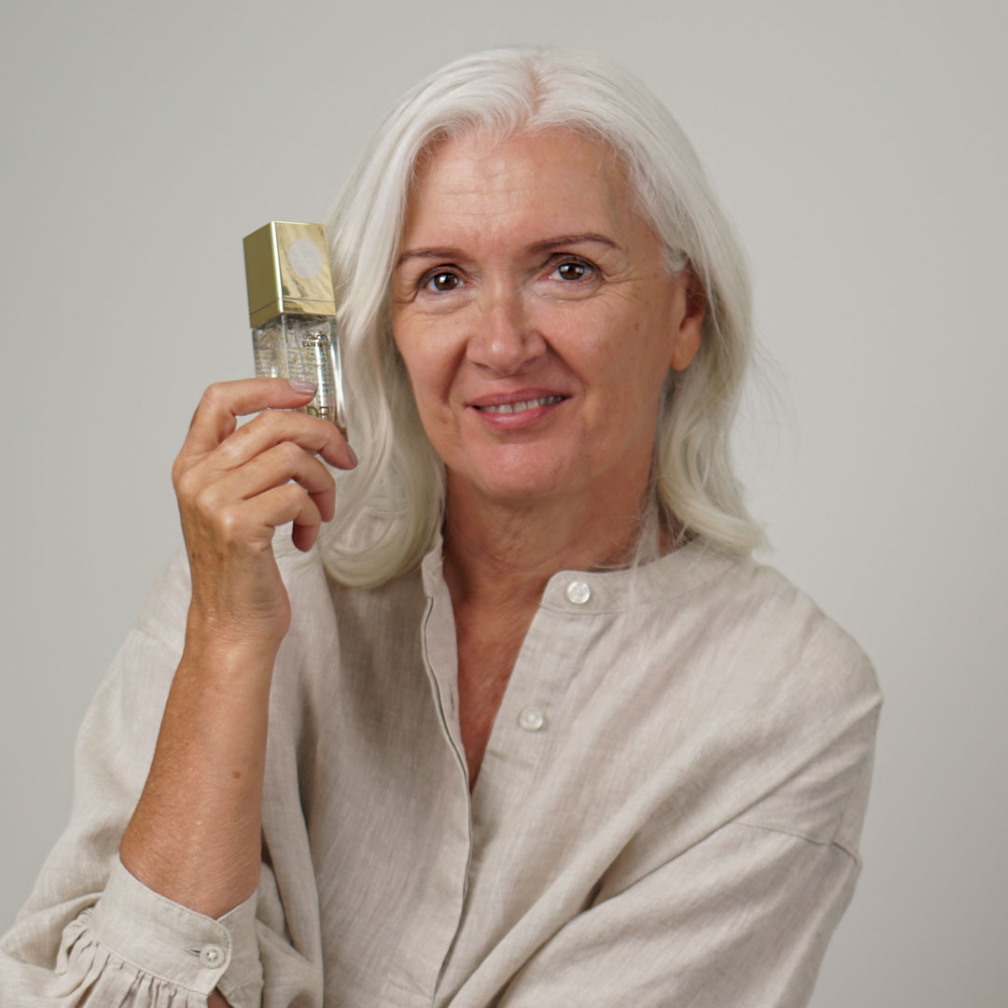Alzheimer's and Incontinence: Empathy works like a lamp in the dark
- Written by a contributor

There is one thing that is more dreadful than death itself – losing that very dear sense of identity while one is still alive. Alzheimer's feeds over nearly 50 million of people globally. The numbers are anticipated to get tripled by 2050 if science does not come up with some solution. Alzheimer's is a nightmare for any person, and its horror takes over the family. We all know how terrible it is to see someone dying through years – forgetting at first the yesterdays, then the years far back, then those memories with you, your name, and their own at last until they get abandoned into utter emptiness with no hope of coming back. But research shows that even when the person seems dead, there still remain those few dear memories. All one needs is a beautiful thing called Empathy. Science reveals that ignorance works as a catalyst in worsening the situation at an increased pace. When it comes to incontinence, says Confidenceclub man diapers Australia are good, but you need something more than just diapers.
Incontinence and Alzheimer's and Empathy.
Let's just accept that it is not easy to take care of a person with Alzheimer's, just as it is not easy to take care of a baby. The symptoms of Alzheimer's start to show in the early years as frequent memory losses or verbal difficulties. Later down the years, these symptoms start to worsen up and people start having difficulty in normal functioning. People find it hard to go from here to there, fecal and urinary incontinence pounces at the later stages, and then slowly it starts to get darker. However dark, studies show that Empathy works as a bridge between the person and the caretaker.
The validation Method has shown that even when we think that the person is dead, deep down there they long for love and communication. People with Alzheimer's lose their verbal abilities, but they still do communicate using hands and gestures. Just as a child knows nothing of speech and communicates using hands and cries and laughs, a person with Alzheimer's does the same. When verbal abilities start to deteriorate, empathy remains the way they communicate. This is why you might see that people with Alzheimer's behave sweet sometimes because of the sweet behavior they might face in their immediate environment. Or some might go grumpy too. Studies say they pick up clues from their surroundings (Just a child starts to cry if anyone nearby starts to cry or create brutal noises) – this is called Emotional Contagion.
Things that the caretaker should keep in mind.
Now, when one knows that Empathy works as a bridge between the person and the caretaker, one can decide what s/he wants to communicate. A kind and goodhearted behavior spells pleasure and comfort to the person with Alzheimer's. This reduces the stress response and slows down the deterioration. So, If you have someone with Alzheimer's, you should practice empathy and kindness. We know it is never easy, and we feel you, but choosing otherwise will only worsen things. Acceptance about the situation eases things further. Incontinence happens due to an Alzheimer's inflicted person's poor functioning. Either the different brain areas fail to communicate in a proper way, thus the incontinence; or they get the urge but fail to reach the bathroom in time. According to ConfidenceClub, man diapers (Australia) help both the persons.
Here are a few more tips.
-
Make sure the bathroom stays closer and the door open.
-
Use clothes that are easier to open.
-
Buy incontinence diapers. There might be incontinence pads for sale at best price in Australia. Buying the lot would be comparatively money-saving.
-
Check the doctor if incontinence is due to some urinary infection.
-
Do some meditation and take care of yourself too.





